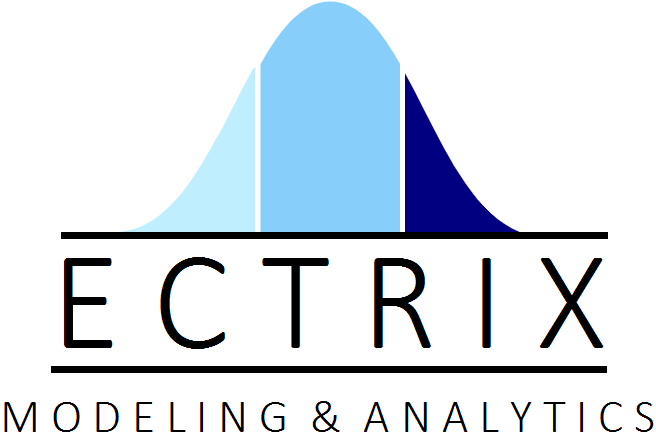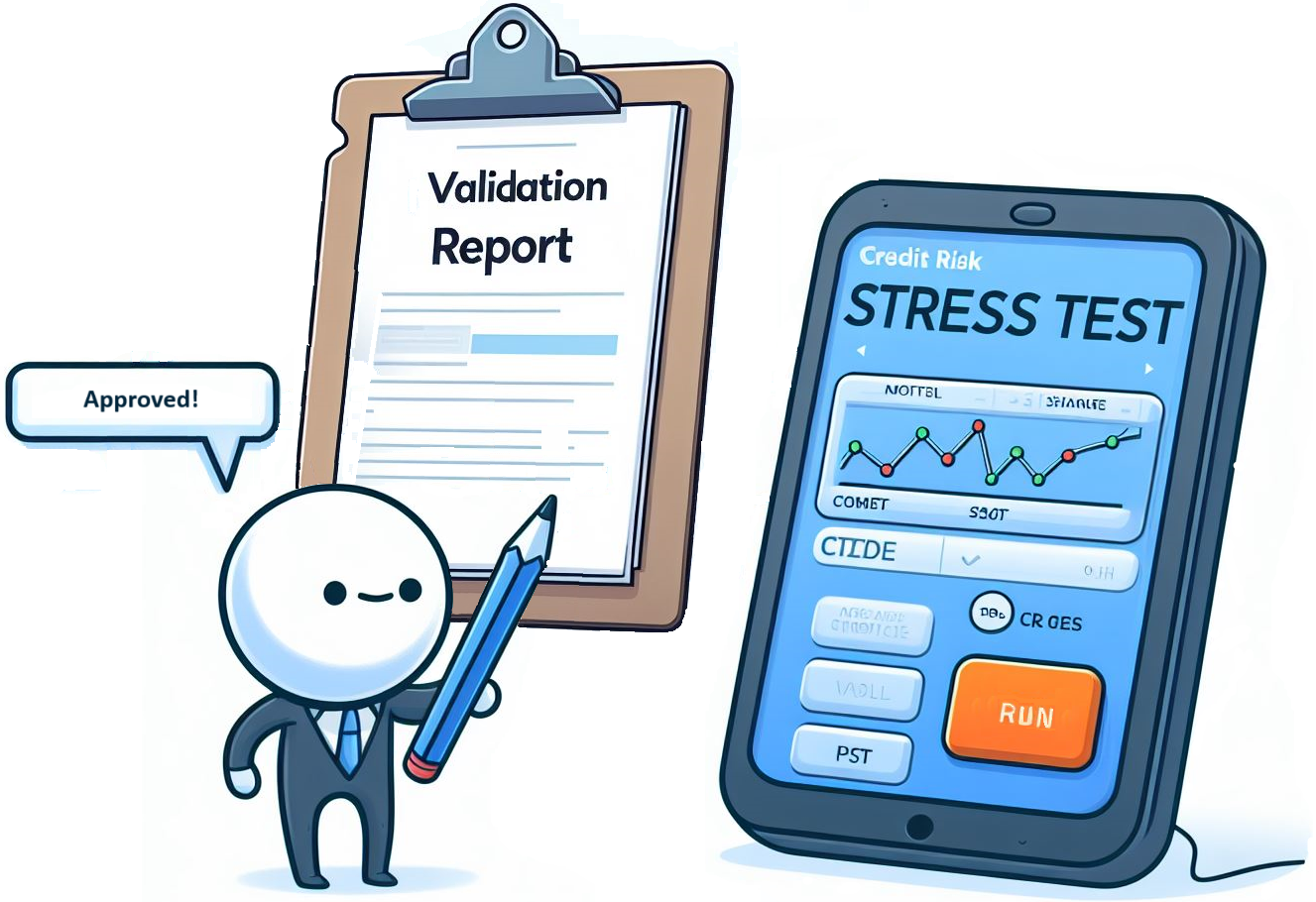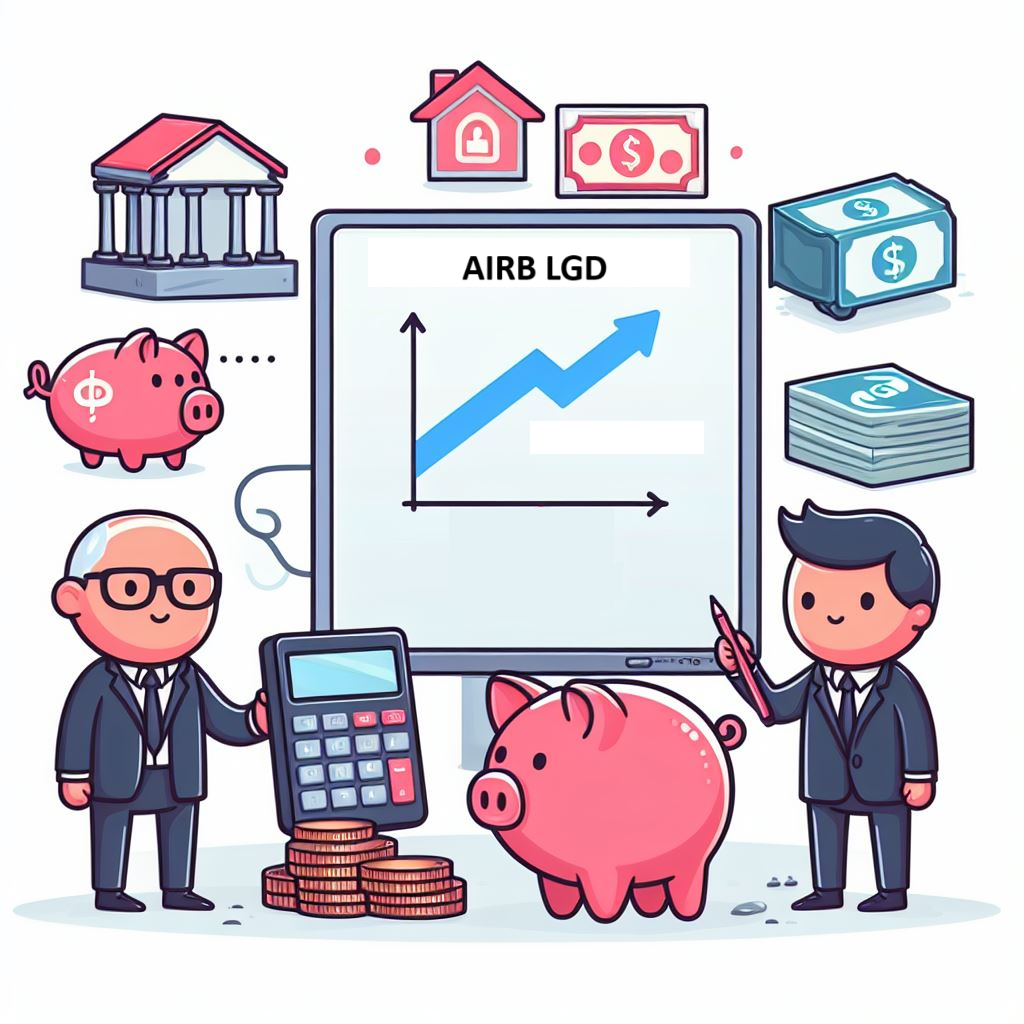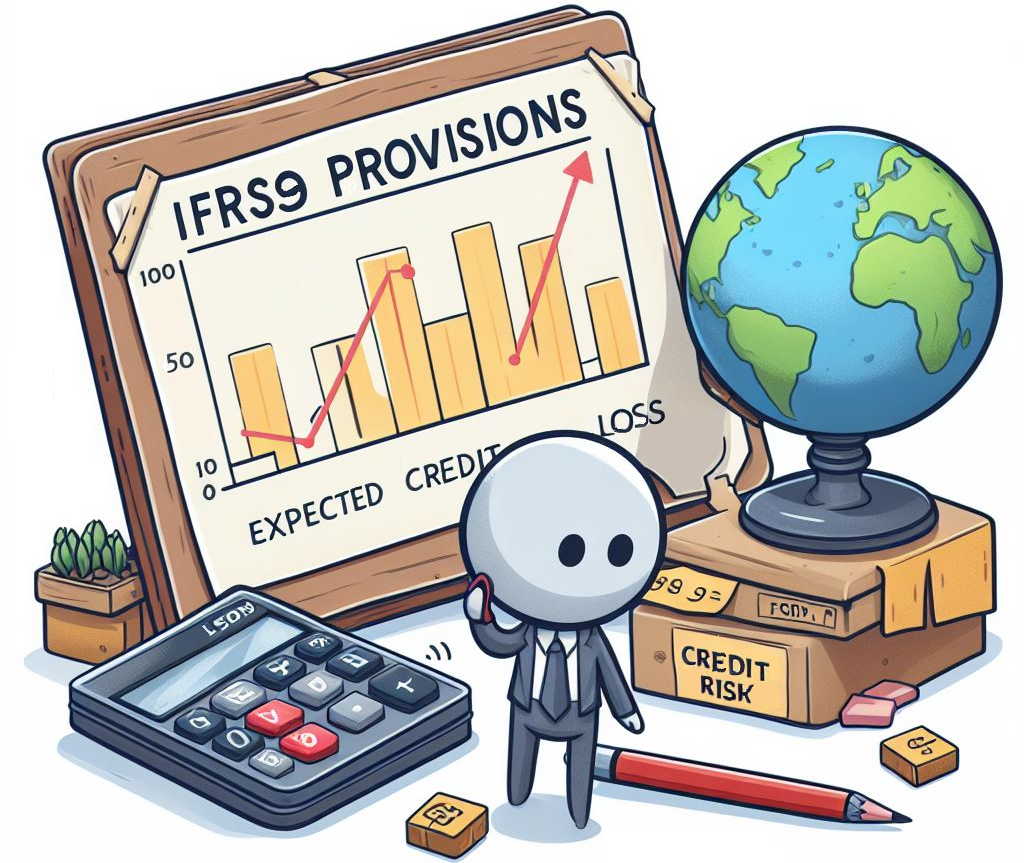
ECTRIX is a boutique consultancy company which provides services on quantitative topics in the financial industry, with a strong bias towards risk management. We use advanced econometric methods to help clients develop and implement state-of-the-art risk models. We also provide assistance on all other related activities, such as regulatory compliance, technical model documentation, model governance and data quality assesments. We specialize in credit risk management and have experience in development and implementation of both IFRS 9 and AIRB models. We are based in Amsterdam, the financial heart of The Netherlands, but we operate internationally.




Ensure your institution meets the IFRS 9 requirements. We offer calibration or complete development of IFRS 9 models, including stage determination and precise technical model documentation.
Navigate the complexities of AIRB and Basel capital requirement regulations. Our expertise extends to developing and implementing PD, LGD, and EAD models. We assist in various IRB topics such as Margin of Conservatism, Downturn Analysis, and Data Representativeness.
Data issues can impede progress. Our assessment quantifies correctness, accuracy, and completeness, paving the way for a tailored remediation approach. Leveraging ECB guidelines, we implement strategies to recreate key data indicators, filter corrupted data, rectify inaccuracies, and identify secondary internal or external data sources for portfolio enhancement.
Address unique challenges with customized solutions. Leveraging our robust econometric toolbox, we specialize in tailoring solutions for diverse problems your institution might face. Connect with us to explore how our expertise can resolve your specific needs effectively.
A Dutch bank requested assistance in optimizing the LGD data generating process for all of its wholesale banking portfolios. In a bid to increase efficiency and data consistency, the data extraction and preparation phase was centralized across the entire department. This exercise involved aligning various extraction scripts and preparing loss data under both the AIRB and IFRS9 approach. Subsquently a process was initiated to generate loss data on a quarterly basis. The client realized significant efficieny gains once this tool became operational, as the various modeling teams were no longer envolved in data extraction or preparation activities.


For one of our clients a full cycle validation of the credit risk stress test model was performed. This model is used for various processes in the bank, such as capital stress testing and calibration of the risk appetite. The model is also used for regulatory stress testing as part of the Internal Capital Adquacy Assessment Proces ("ICAAP") and the EU-wide stress testing exercise. The model is split up into an AIRB part and a Standardized part and leverages on underlying AIRB and IFRS9 models to generate stressed values across a 4 year horizon. For this project the complete model has been validated, taking into consideration conceptual soundness, assumptions and methodological choices, data integrity, compliance, governance and documentation. This resulted in a concise validation report pinpointing the identfied weaknesses in the model.
As part of a new model-landscape, a large remediation exercise was initiated by one of our clients. Specifically for the non-retail LGD model, data quality needed to be improved in order to adhere to the AIRB status. The clients' historical IT landscape consists of many offboarded systems that orignate from legal predecessors, making it challenging to understand the data at hand. By using a combination of exploratory analysis, deep dive investigations and data manipulation techniques, specific data for the intended purposes could be produced. Also part of these data deliveries were extensive data quality analyses, for which a data quality framework was set up that complies with all the requlatory requirements. Addtionally, a data quality testing tool was developed in Python which was subsequently implemented department-wide.


For one of out clients we assisted in the development of the retail mortgage LGD model under the AIRB approach. In the prepatory phase a historical data remediation exercise was initiated in order to construct a high quality and compliant loss dataset. In parallel, a prototype of the cure sub-model was developed and the Downturn LGD framework was set up. Due to data scarcity, the downturn LGD had to be modeled seperately by creating a backward modeling LGD model.
After establishing that the current model was outdated, the client requested assistance with the redevelopment of the IFRS9 LGD model. As part of this project, we assisted by implementing a sensitivity of the model outcomes with respect to projected macro-economic scenario, as per requirements under IFRS9 regulations. Subsequently, an LGD calibration algorithm was developed as part of the final model component. The core components of the model will be used to develop an AIRB LGD model in a later stage.
